Things I Never Learned in Library School: Decolonizing Our Public Libraries
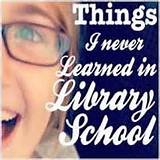 I am a big advocate of being engaged in ongoing professional development, which is why I try and stay engaged on social media with my professional peers. Lately, I have seen a lot of librarians talk about “decolonizing your library”, a phrase that is very new to me. So I have been starting to do some research about this concept. This is me just dipping my toe into this topic and trying to find out what it means, how to go about it, and sharing this concept with you because it may be new to you as well. If it’s not, I would love to know you’re thoughts on the topic in the comments.
I am a big advocate of being engaged in ongoing professional development, which is why I try and stay engaged on social media with my professional peers. Lately, I have seen a lot of librarians talk about “decolonizing your library”, a phrase that is very new to me. So I have been starting to do some research about this concept. This is me just dipping my toe into this topic and trying to find out what it means, how to go about it, and sharing this concept with you because it may be new to you as well. If it’s not, I would love to know you’re thoughts on the topic in the comments.
Let me begin by saying, I have no idea where this expression started or who all is advocating for it, so I feel like a failure as a librarian because I can’t give proper credit where credit is due here. What I can do is share with you some of the resources I have found to help us all who don’t already know about this to start to learn more. This is a new educational journey for me, come along.
ADVERTISEMENT
ADVERTISEMENT
Let’s begin with the basics. The average American librarian is a 45-year-old white woman, a category I fall solidly into. I could not be more of a librarian stereotype at this point if I tried. So a lot of American librarianship assumes a white point of view. More specifically, most of librarianship assumes a white, cisgender, hetero-normative, Christo-centric point of view. Everything outside of this is considered “diverse”, or other. This is true of how books are catalogued in our library catalogs. This is true of how books are purchased, displayed, and used in things like storyimes and book clubs. The phrase decolonize your library is asking us to move away from the predominantly inferred point of view that librarianship operates from.
Before we can talk about what it means to decolonize something, we need to have a basic understanding of what it means when we say something is colonized. History was never my best or favorite subject, but even I remember the basics.
America is a colonized country. European settlers came to this land, which was already inhabited, and they stole it to build their colonies. There’s that word: colonies. Colonization is the process of taking over someone’s land/country and re-writing history. To colonize something is to take it over and erase what already exists and replace it with your own government, religion, etc. In the case of America, Colonial History is a very sanitized version of the who, what, where and how the current iteration of the United States came to be. It’s very much a white-washed version. American history, American policy, American libraries are all very much colonized.
Decolonization literally asks us to withdraw from that model and restore independence. Decolonizing our thinking asks us to change the ways we think. It literally asks us to change the way we view the world and to be more inclusive. If we truly decolonize our thinking, our world view will literally change and inclusion would not be an after thought, but a natural way of being.
A great introduction to the concept of decolonization can be found in Teen Vogue:
To talk about decolonization, people need an understanding of what we are decolonizing from. Colonization is when a dominant group or system takes over and exploits and extracts from the land and its native peoples. Colonization has taken place all over the globe, through the stealing of lands; the raping of women; the taking of slaves; the breaking of bodies through fighting, labor, imprisonment, and genocide; the stealing of children; the enforcement of religion; the destruction—or attempts to destroy—spiritual ways of life. All of these things have left a psychological, spiritual, and physical imprint on indigenous peoples, and a governmental ruling system that we did not create, that was not made for us. These are the things we need to heal from, where we need to start reclaiming. This is where organizing and decolonizing comes in.
Before we can decolonize our libraries, we must be honest about the history of America (and other countries) and our public library systems. Though we now claim our public libraries to be welcoming bastions of free and equal access, the truth is that we weren’t always. Segregation and racism are a very real part of the history of public libraries. And like most of the world, many forms of systemic racism and unconscious bias still influence our libraries. And we must also acknowledge that our profession is still overwhelmingly and predominantly white. Remember that statistic I began this article with? Yeah, that’s all are part of the issue.
The phrase “decolonize your bookshelf” has been on the rise in recent years, and its meaning is fairly simple. Decolonizing your bookshelf means examining the books you keep and the books you love and considering whether/how each book has served to uphold the acts of colonialism. In addition to sifting through the works you’ve already read, decolonizing your bookshelf means actively seeking out and reading works by authors whose work has been disadvantaged by colonialism. There is an incredible wealth of literature out there that has not made it into the Western canon simply because of the circumstances in which the author lived/lives. Source: What Does It Mean to Decolonize Your Bookshelf?
ADVERTISEMENT
ADVERTISEMENT
Let’s talk for just a moment about colonization and cataloging. I learned a lot about this while presenting a couple of years ago with Debbie Reese, who blogs at American Indians in Children’s Literature. When I saw Debbie Reese speak, she talked about how when we catalog Christian creation and flood stories, they are placed in the 200s for religion. However, the creation stories of Native Americans are often placed in myths and legends. This is an example of colonization. After taking the land and slaughtering literal millions of its original inhabitants, we place the Christian faith as an authority and relegate Native American religion to the category of myth and legends. For further examples of this issue, just look at the sheer number of Christian titles that take up the 200s of our local collections compared to that of non-Christian religions. The number of books in our collections and the ways in which we catalog them are an example of colonized thinking. (Adding: I found this really helpful Slideshare presentation on this topic here.)
So from what I am learning, and dear lord people please tell me if I’m getting it wrong or you can provide better clarification, decolonizing our libraries asks us to move away from the traditional white, hetero-normative, cis-gender, Christo-centric point of view and to be truly inclusive in our libraries in all ways. It means that we must stop assuming our way is the natural default. Look at that sentence, that right there is an example of colonized thinking. I said “we must stop” assuming that TLT readers are white like me. I’m still trying to decolonize my thinking. It’s a process, but I’m going to keep doing the work.
So in this time when white nationalism is gaining a stronger public foothold and patriotism is being confused with nationalism, I think it is important that public libraries do the work of exploring what it means to decolonize our libraries and then do just that.
Some Resources to Explore Further
Decolonizing the Classroom: Lessons in Multicultural Education
Decolonizing the Way Libraries Organize – IFLA Library
The Language of Cataloguing: Deconstructing and Decolonizing
The Decolonize Issue — YES! Magazine
Editor’s Note: Someone contacted me on Twitter to let me know that the Decolonize Your Library talks may have started with the Decolonize Your Syllabus movement, which is also new to me. Again, as this concept is very new to me, I don’t have a lot of good information yet about who started it or when. I did find find a lot of information by Googling Decolonize Your Syllabus, there is even a logo and a t-shirt. I found some additional information by Googling Decolonize Your Curriculum.
Here are a couple of additional articles of interest that I found:
Decolonize Your Syllabus, Part 1
The Art of Domination: On Decolonizing the Curriculum
It’s Time to Decolonize That Syllabus
Filed under: Uncategorized
About Karen Jensen, MLS
Karen Jensen has been a Teen Services Librarian for almost 30 years. She created TLT in 2011 and is the co-editor of The Whole Library Handbook: Teen Services with Heather Booth (ALA Editions, 2014).
ADVERTISEMENT
ADVERTISEMENT
SLJ Blog Network
Coming Soon: The Top 10 Posts of 2024
31 Days, 31 Lists: 2024 Fantasy Books for Kids
Exclusive: Papercutz to Publish Mike Kunkel’s Herobear | News and Preview
The Seven Bills That Will Safeguard the Future of School Librarianship
ADVERTISEMENT


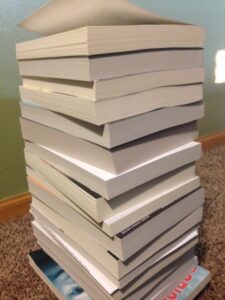


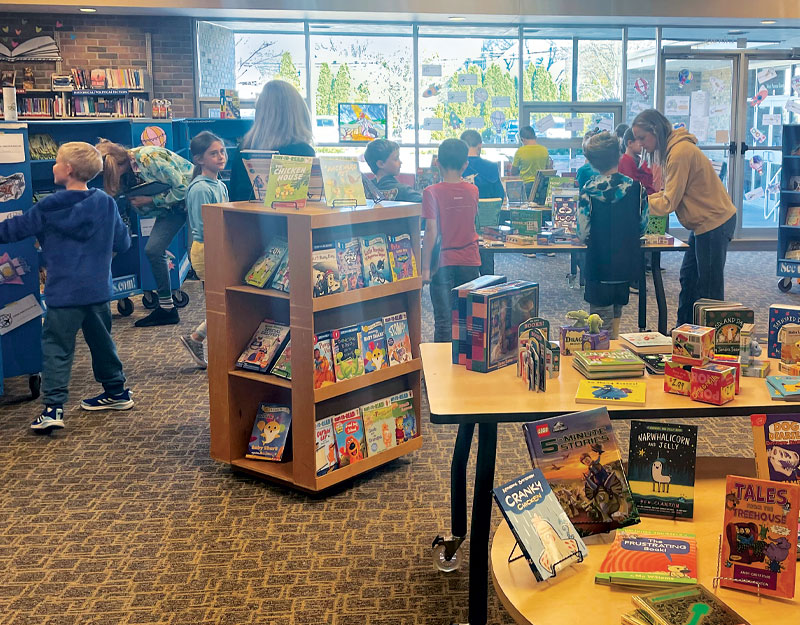
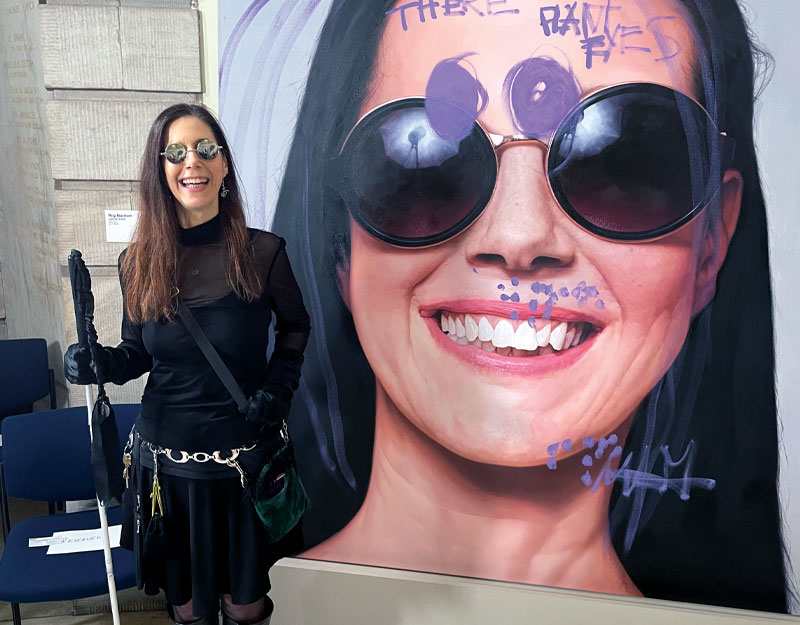
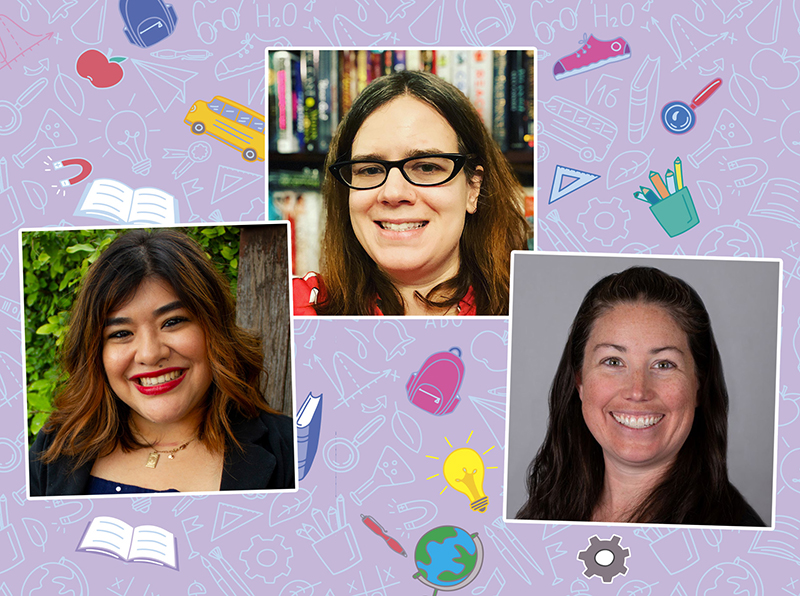
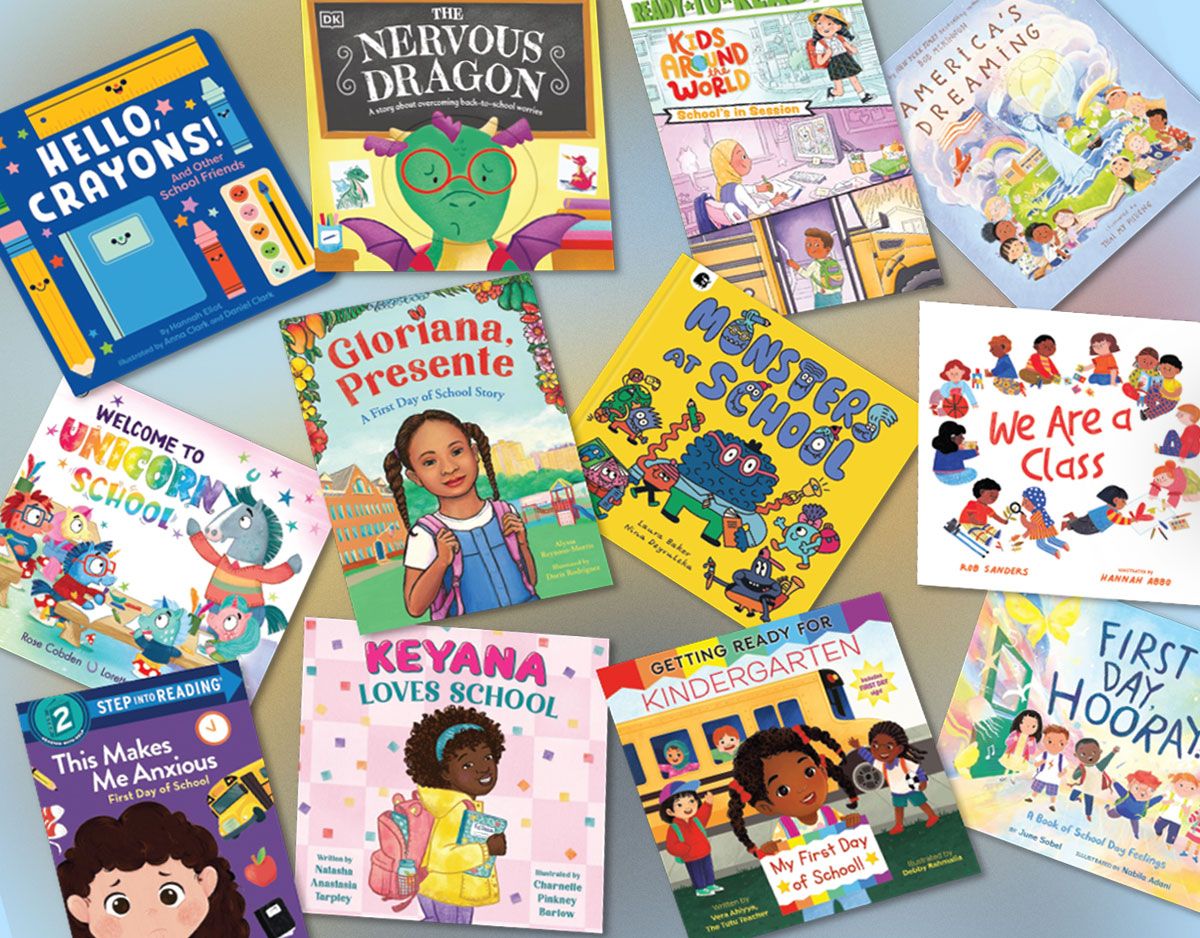
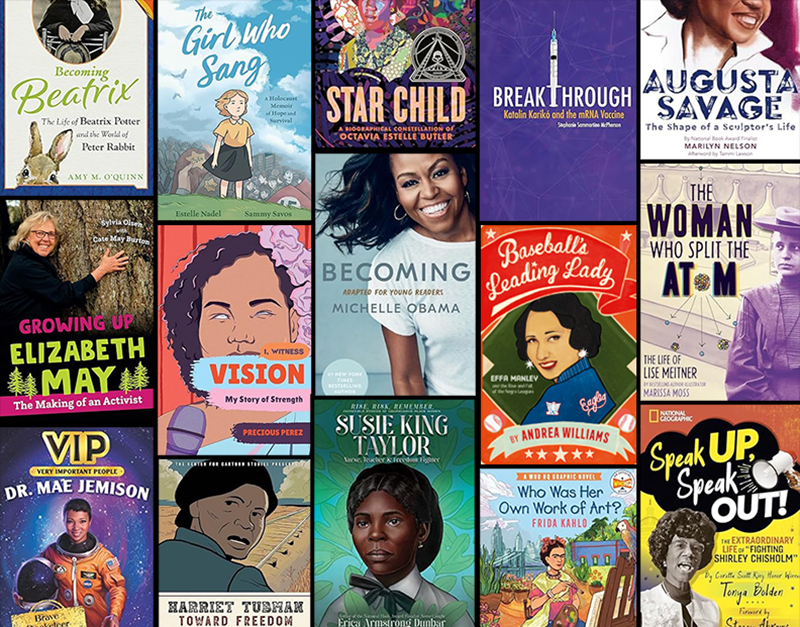
Excellent piece. Thank you so much for this.
Hi Karen,
I’m going to push a bit and it may feel uncomfortable to you. It is certainly uncomfortable for me, because I know some will think I’ve got a huge ego, some will think I’m being rude. I’ll get attacked for even submitting this comment, for raising this concern. That’s another dimension of colonization.
Your article is good–but is it also an example of colonizing? You refer to my work and you name me–which is important–but you don’t include links to any of my work.
Hitting the “post comment” button — with hesitation.
Debbie
Debbie,
It’s definitely a challenge for me to continue to process these issues and to know how or whether or not to talk about them, especially when I see snippets of conversation online versus reading in depth research. I’m a big fan of your work and not linking to AICL was an unfortunate oversight on my part for which I apologize. I have added a link in above.
Have a great day,
Karen
Thanks, Karen.
Thank you for taking your time to point this out, Debbie Reese.
The IFLA paper is missing. I tried to find it online but no luck. Do you have another link? Thanks!
Hi there, let me see if I can fix the link. Thank you, Karen
Thank you for your insights, especially about the predominating perspective of Judeo-Christian religion. You made a very good point about which canons are “religions” and which are “myths, legends, and folktales.” In our school library, we have acquired more texts about a variety of world religions, but do not carry as much about indigenous religions.
Much food for thought, and reconsideration. Careful reconsideration. For the models of a “decolonized library” much like models for a decolonized world also recolonize with the new paradigms which themselves can become a species of cultural domination. There really is no neutral position here that I can see. Food for thought, much thought.
What is more important to me is the current colonization of libraries by corporate models which have made substantial inroads into buying the whole archive of culture and re-selling it to those that can afford it. One might speculate that this is, after all, only a behavioral exhibit of the colonizers, whose profit taking ambition to own culture itself (its art, literature and other archives) is but another symptom of white, western/European colonial domination. Is it? Or is it another species of takeover by a quite different invading power just now declaring, after a century of acquiring sufficient wealth and power, its own (world) empire? I wonder, but the thought does disturb me.
A small example is offered in my essay “Kafka in the Library” at http://www.saczee.com/z_current/z_arts/za_works/za_slider/za_slider-kafka.html
This is a great article and very eye-opening. Thank you for the additional resources, and to those in the comments section who have added additional resources. Much appreciated.
I love this article! This is an excellent piece: “Decolonization is not a metaphor,” by Eve Tuck and a good background on Decolonization:
https://www.latrobe.edu.au/staff-profiles/data/docs/fjcollins.pdf
Also, if you want to further explore Indigenous narratives there’s the book “Mohawk Interruptus” by Audra Simpson.